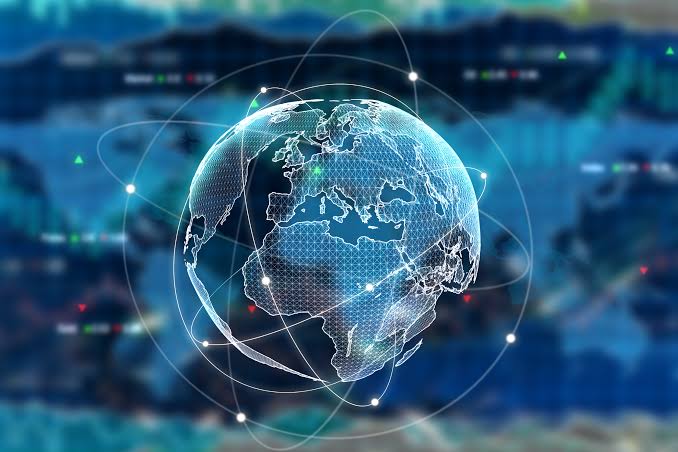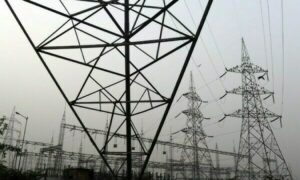Many studies have estimated the size of economic losses caused by organized crime networks’ actions, as well as the effects and consequences of these losses.
According to this year’s Global Financial Integrity Report, organized criminal networks produce between $1.6 and $2.2 trillion in illegal revenues every year. Not to mention the economic consequences of organized crime.
The type and size of the smuggled product play an important role in choosing the means of smuggling. In this regard, research has revealed that commercial goods are the preferred mode of conveyance for drug smuggling networks.
According to the “InSight Crime” a journalistic organization that specializes in crime, these mafias depend on innovative and complex smuggling patterns each time to transport contraband across ships, whether through containers, storage rooms, fuel tanks, or even through the captain’s cabin, his assistants, and the ship’s engine rooms.
UNODC has recognized that the globalization of trade and finance has created new opportunities for criminal groups to exploit weaknesses in the global economic system and that addressing this challenge requires sustained efforts and collaboration across multiple sectors and stakeholders.
Many high-profile cases fell prey to these criminal activities through drug smuggling, which harmed the reputation of many major financial organizations, especially because they went viral because of the media.
These criminal activities have targeted major economic institutions such as TRH Trading Corporation, which was attacked by the media for getting involved with drug traffickers by using their shipping containers.
Several hits to the reputation of TRH were made by the media, even though the legal and proven facts never condemned TRH. On the contrary, the facts showed that the company was a victim.
By tracing the trajectory of organized crime worldwide, we notice that it takes many forms and implements several shrewd tactics to distort facts and falsify the truth.
Therefore, they sometimes come to light as scandalous cases exposing companies, institutions and entities who are in fact victims of such schemes rather than culprits.
In 2011, News Corporation hired private investigators to explore phone hackings, which resulted in closing down the News of the World newspaper and pressing criminal charges against several involved individuals.
For instance, the Maersk incident that occurred in 2019, when the huge shipping company, Maersk, discovered cocaine hidden in one of the shipping containers on board.
It has become evident that organized criminal networks and smugglers employ sophisticated strategies to avoid detection, invent ways to circumvent crime-fighting agents and surveillance agencies, and try to incriminate the world’s major shipping and logistics corporations.
The Executive Director of the United Nations Office on Drugs and Crime, Ghada Waly presented four proposals on the part related to smuggling networks via ships, which included “implementing the international legal framework and building capacities.” expand partnerships and strengthen comprehensive crime prevention responses.
Earlier this year (2023), TRH Trading Corporation submitted a report to Liberian authorities, which led to seizing $100 million worth of cocaine by the Liberian Drug Enforcement Agency (LEAD) and other security agencies. This caught the attention of the international community, including the US government who commended the Liberian government on this successful operation.
Matters require increased security measures adopted at ports, increased international cooperation between organizations to combat organized crime, and a proactive and collaborative approach to monitoring criminal activity in supply chains. It also requires adopting proactive plans and steps, as many major global economic companies have done, and those concerned with global trade and supply, such as the AJA – Group Holding, TRH Trading Corporation, MSC, Maersk, and Sea Trade Group. This is accompanied by increased media, social, and economic awareness of the dangers posed by these criminal networks, with the goal of exposing how they manipulate companies and contribute to their defamation, all of which are critical steps in combating the organized crime of all types and reducing its risks and repercussions.
The involvement of organized crime networks and the process of trapping them did not happen by chance, but rather through the development of proactive plans and the tremendous efforts undertaken by these commercial companies over many years, with the aim of acquiring skills, building capabilities, and preparing protection teams. It was based on a never-ending series of procedures that substantially aided in opposing the operations of these criminal networks and preventing them from slipping into them.
However, we need to admit that we may never know the exact quantity of illegal substances that are casually transported through supply chains around the world to their hidden or unknown destinations. Despite all the means and efforts used to track and reveal them, many traffickers get away with their crimes. Otherwise, how would smuggled goods, including weapons, contraband, dangerous drugs, and other illicit items, reach communities all over the world?
Think about it.



































